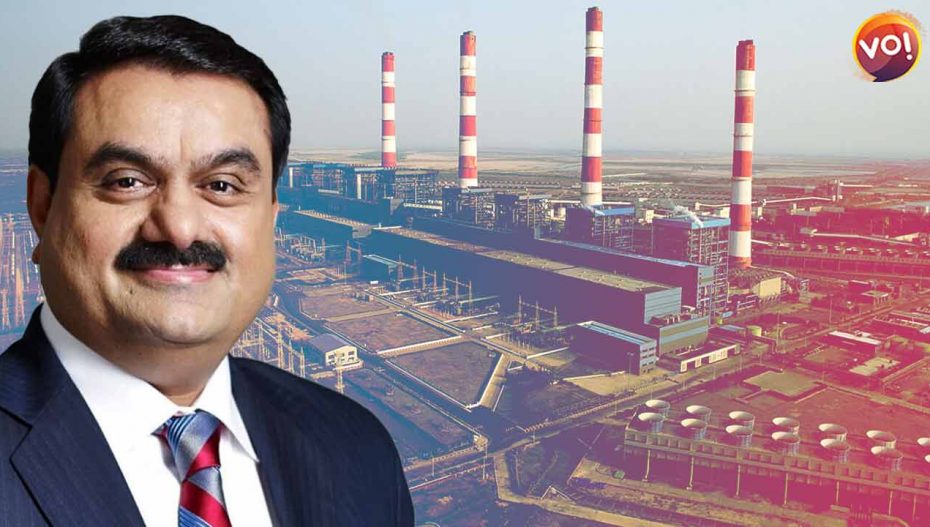Adani Energy Solutions Limited (AESL) has been conferred with Indian Industry body CII’s coveted Climate Action Programme ‘CAP 2.0 Award’ for 2023 in the ‘Resilient category’.
The CII CAP 2.0 Award is given to companies that exhibit outstanding performance in specific categories. This year, AESL stood out among peers for its resilience.
The ‘Resilient category’ recognises the company’s significant strides in resilience and adaptability, marking a notable improvement from last year’s achievement in the ‘Oriented category’. The award underscores AESL’s commitment to continuous improvement and resilience in the face of challenges.
“We are delighted to receive this recognition from CII. This award is a testament to our commitment to futuristic sustainable practices and our dedication to tackling climate challenges,” said Anil Sardana, Managing Director of AESL.
The CII CAP 2.0 Awards have been instituted by CII to recognise meaningful corporate actions on climate change and promote the integration of such action into organizational business models and processes. The award aims at driving industry to contract climate risk, exploit market opportunities, and become climate resilient.
AESL, part of the Adani portfolio, is a multidimensional organisation with presence in various facets of the energy domain, namely power transmission, distribution, smart metering, and cooling solutions. AESL is the country’s largest private transmission company, with a presence across 17 states of India and a cumulative transmission network of 20,400 ckm and 54,600 MVA transformation capacity. In its distribution business, AESL serves more than 12 million consumers in metropolitan Mumbai and the industrial hub of Mundra SEZ. AESL is ramping up its smart metering business and is on course to become India’s leading smart metering integrator.
AESL is revolutionising the way energy is delivered to the end consumer. AESL is a catalyst for transforming the energy landscape in the most reliable, affordable, and sustainable way.
Also Read: At Least Three Companies Deemed as ‘High-Risk’ by Finance Ministry in 2018 Bought Electoral Bonds












